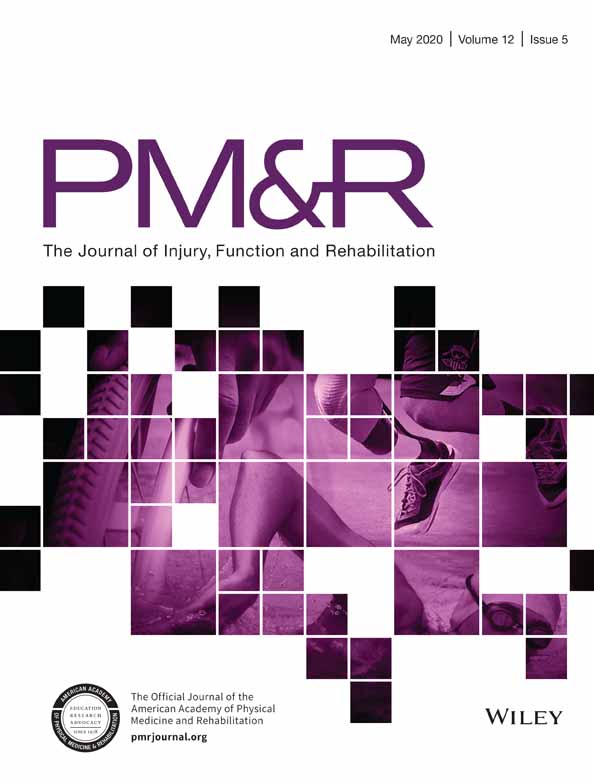IncobotulinumtoxinA Treatment in Upper-Limb Poststroke Spasticity in the Open-Label Extension Period of PURE: Efficacy in Passive Function, Caregiver Burden, and Quality of Life
Abstract
Background
Poststroke spasticity affects motor function and the ability to perform activities of daily living, with the potential to affect quality of life (QoL) and increase caregiver burden.
Objective
To investigate the effect of repeated incobotulinumtoxinA treatment on spasticity-associated functional disability, caregiver burden, and QoL in the 36-week open-label extension of the phase 3 PURE study (NCT01392300).
Design
Open-label extension period of a prospective, double-blind, placebo-controlled, randomized, multicenter study.
Setting
Forty-six investigation sites in seven countries (Czech Republic, Germany, Hungary, India, Poland, Russia, United States).
Participants
Adults, aged 18-80 years, ≥12 months since last botulinum neurotoxin injection or entirely toxin naïve, with median poststroke upper-limb spasticity of >2 years' duration.
Methods
Participants who completed the 12-week, double-blind main period could enter the open-label extension and receive up to three additional incobotulinumtoxinA treatments (fixed total dose 400 U at 12-week intervals) into the affected muscles of one upper limb.
Main Outcome Measures
Functional disability (Disability Assessment Scale; DAS), caregiver burden (Carer Burden Scale), and quality of life (QoL; EuroQol [EQ] 5-dimensions three-level [EQ-5D-3L]).
Results
The open-label extension included 296 treated patients. Mean DAS score for the principal target domain improved significantly from the main period baseline to the end-of-study visit (P < .0001). Carer Burden Scale scores also significantly improved from the main period baseline to the end-of-study visit (P < .05 for all caregiving activities except “applying a splint”). At the end-of-study visit, versus the main period baseline, 19.7%-33.3% of patients experienced improvements for each parameter on the EQ-5D-3L, except “mobility,” with significant improvement in EQ-5D visual analog scale scores (P < .001).
Conclusions
Repeated incobotulinumtoxinA treatments at 12-week intervals in participants with chronic poststroke upper-limb spasticity resulted in significant improvements in QoL, as well as significant reductions in upper-limb functional disability and caregiver burden.




